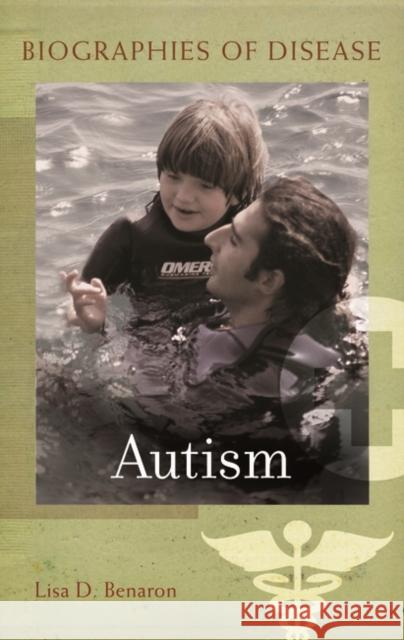Autism » książka
Autism
ISBN-13: 9780313347634 / Angielski / Twarda / 2008 / 272 str.
Few issues cause as much strife in contemporary society as does the cause and treatment of autism. Stories about the autism epidemic abound on talk shows and make headlines in newspapers and magazines. Celebrities and politicians express their personal opinions on the cause (or causes) of the increase in autism spectrum disorders (or ASDs), opinions often not shared by the conventional scientific community. Parents, family members, schools and government-funded agencies struggle to do the right thing for individuals with ASDs, This volume in the "Biographies of Disease" series provides an understandable, non-biased guide to the quagmire of information about ASDs. This foundation will enable readers to better understand the statements made by various authorities on ASDs. Autism covers all aspects of our historical and current understanding of autism spectrum disorders. The text starts with the recognition of autism in the forties and traces the development of ways to diagnose autism, explains why autism has been expanded to the autistic spectrum disorders. The author covers what is known and not known about the autism epidemic and the causes of ASDs. The critical importance of screening and early intervention is emphasized with respect to outcome for individuals with ASDs. Promising areas of research are highlighted. After reading this book, the reader will be able to place the latest breaking news about ASDs into perspective. While it is not yet possible to answer all of the questions about autism, this book allows the reader to follow along as the mystery is unraveled.
"Autism" covers all aspects of our historical and current understanding of autism spectrum disorders: The recognition of autism in the forties and the development of ways to diagnose autism; why autism has been expanded to the autistic spectrum disorders; what is known and not known about the autism epidemic and the causes of ASDs; the importance of screening and early intervention as well as information about outcome for individuals with ASDs; and promising areas of research.
After reading this book, the reader will be able to place the latest breaking news about ASDs into perspective. While it is not yet possible to answer all of the questions about autism, this book allows the reader to follow along as the mystery is unraveled.











